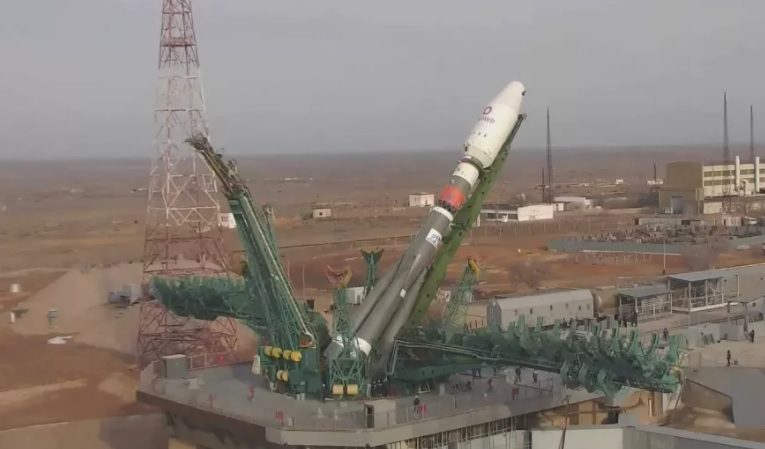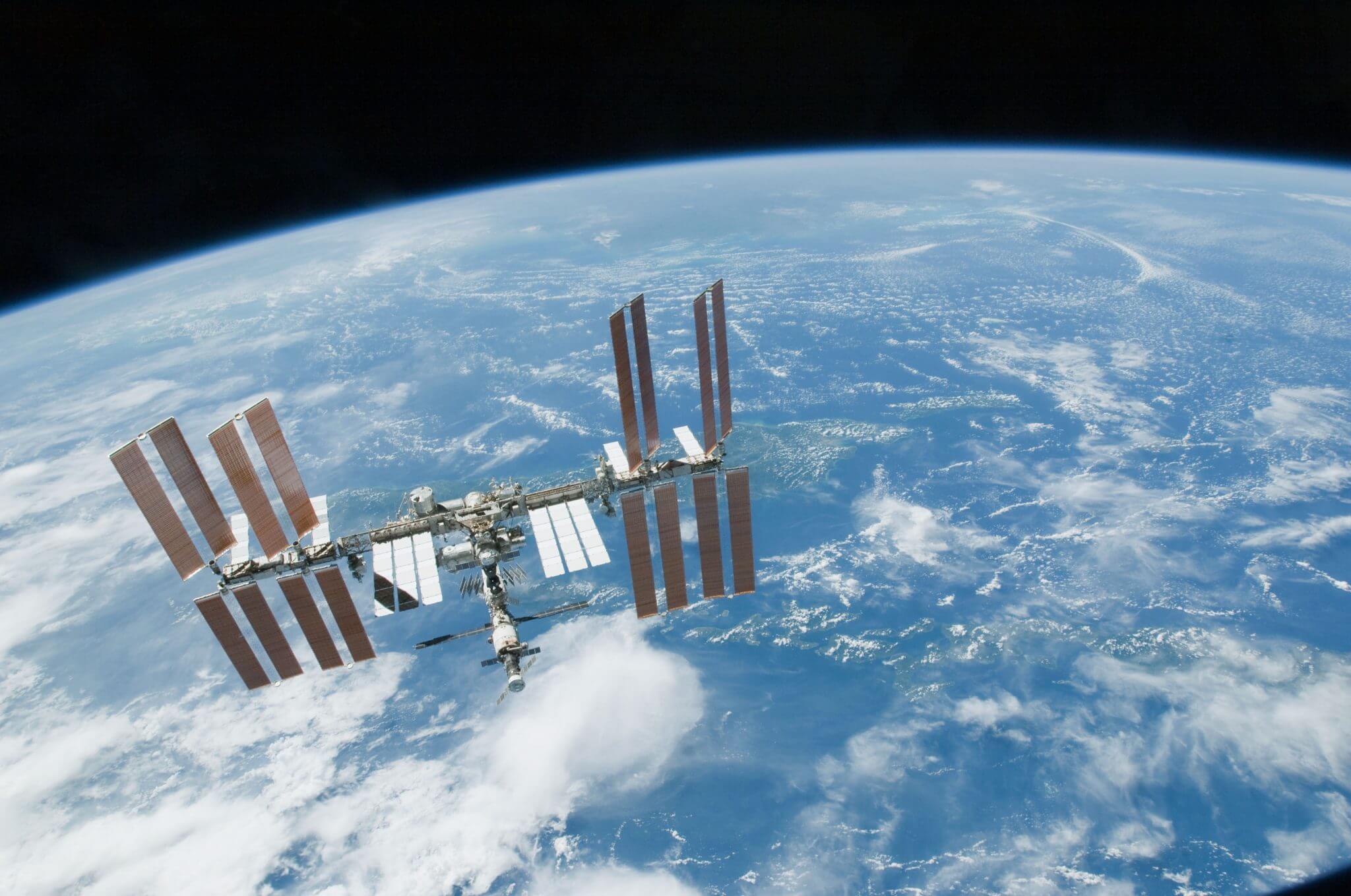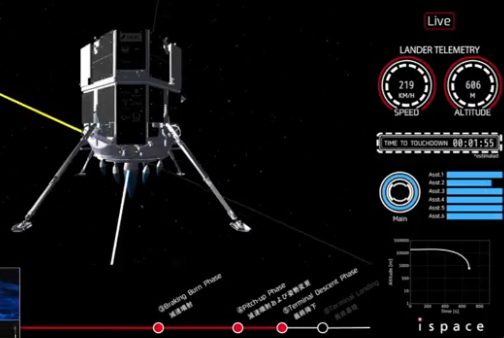SpaceX has ridden to the rescue of low Earth orbit satellite operator OneWeb after it lost its Soyuz rides for its satellites during a series of tit-for-tat actions following Russia’s invasion of Ukraine. OneWeb secured Falcon 9 launches for the satellites required to complete its initial constellation in a contract with SpaceX announced on 21 March.
The details of this new contract are sparse (the company has not officially confirmed which SpaceX rocket it will be using). However, OneWeb does expect the first SpaceX Falcon 9 launch to take place in the second half of this year. The rest will take place in 2023. This will result in a delay to the OneWeb constellation rollout of up to one year.
OneWeb’s original plan for the deployment of the remaining 200+ satellite units was put on hold in early March after its Russian partners suspended the planned Soyuz 2-1b/Fregat M launches of the satellites in response to European sanctions, following the Russian invasion of Ukraine. While OneWeb does hold some Blue Origin New Glenn launch bookings, New Glenn is not expected to begin launching until late 2023 at the earliest, and so the company found itself in urgent need of another way to get its satellites into orbit.
Answering questions at the Satellite 2022 conference, Washington DC, Ruth Pritchard-Kelly, OneWeb’s Senior Advisor, Regulatory & Space Policy, confirmed that the contract was a direct one between OneWeb and SpaceX. She also said that its original multi-launch contract, signed in 2015 with European launch provider Arianespace, which is responsible for the Soyuz launches, was still technically active, and the launches, whether by Soyuz or Ariane launch vehicles, may be used later.
Comment by Matt Wilson: When viewed in the frame of the saturated state of the launch market, this could have been much worse. OneWeb expects to launch all of the remaining satellites in its initial constellation except for the 36 spacecraft planned for launch on a Soyuz 2-1B/Fregat M in March. These are effectively impounded by Russia at the Baikonur launch site, near Tyuratam, in Kazakhstan. Given the greater capacity, both mass-to-orbit and in-launch frequency, of the SpaceX Falcon 9 launch vehicles compared with the Soyuz, once launches start to take place the OneWeb satellites may end up being deployed more quickly and in greater numbers than was previously possible.
Post script: The spaceflight altruism of SpaceX was noted by its supremo Elon Musk when he later said on Twitter: “SpaceX will do the right thing for OneWeb, even though they are a competitor.”
David Todd contributed to this story







